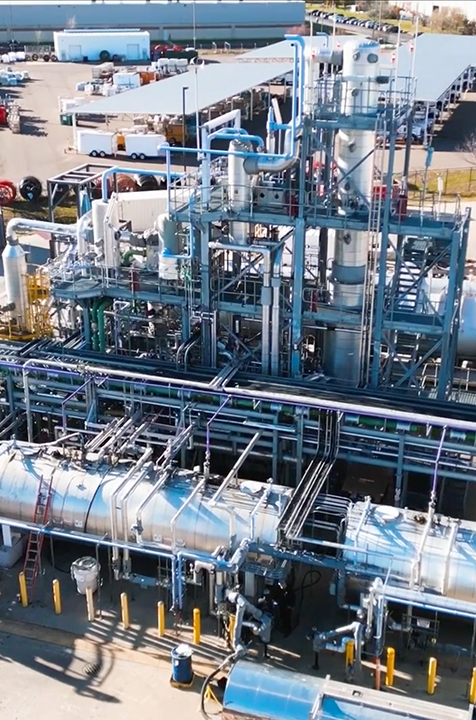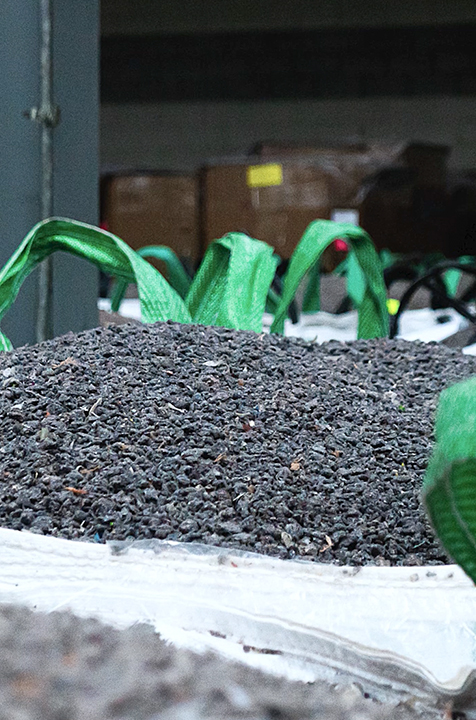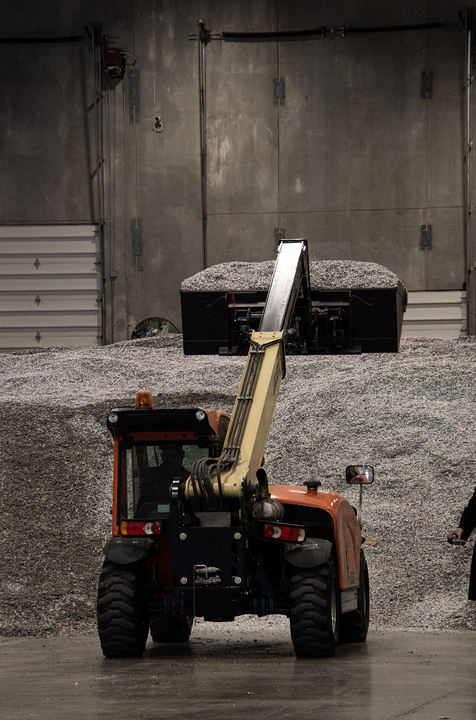Our Partners
Help us Create a More Circular Economy
The advantages of our plastic circularity technology help offset the need for fossil fuels to create new plastic products. That’s because while traditional recycling involves a physical change in the recycled material without changing the polymer composition, our technology actually breaks down recycled material into its original chemical building blocks. In addition, traditional recycling is often one-to-one or bottle-to-bottle recycling, where our technology can recycle mixed, multi-layer, contaminated, and flexible plastics.
Moving Forward
Change the World With Us Through Recycled Plastics
We believe all forms of recycling are needed to manage the global use of plastic. Today, traditional processes are extremely effective in recovering polyethylene terephthalate (PET) and polyethylene (PE) bottles. That’s the recycling that most everyone knows. However, the future requires more plastic circularity technologies to recover the 90% of plastics that are seen as waste but can actually be recycled to create new plastic products and packaging. Alterra has that technology today. It’s proven, it’s operational, and it’s ready for deployment globally.
Go online with a facility featuring Alterra’s technology and create a timeless resource through Infinitely Renewed Plastics™.
Plastic Waste As A Resource
Setting Responsible Recycling Goals
What are responsible national and global standards for recycling and creating a circular economy for hard-to-recycle plastics or single-use plastics? At Alterra, we have a simple answer to that complex question: more. And that more depends on many factors, from municipalities to businesses to consumers and their collective desire to do more.
Currently, recycling standards and goals vary from country to country and state to state. That’s why it’s imperative that technology, innovation, and a grassroots consumer effort to demand recycled products drive the move to sustainable and effective recycling goals.
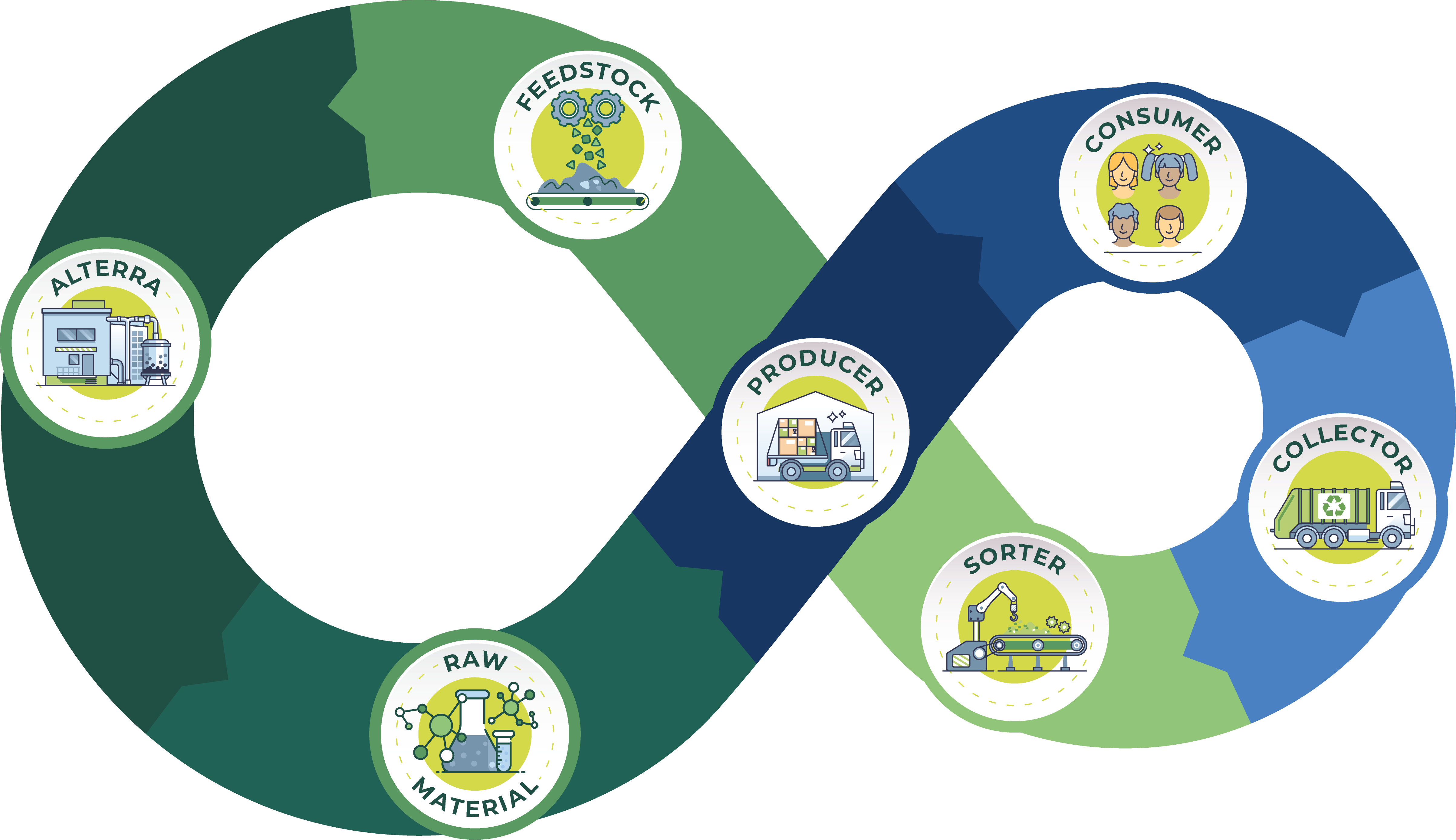
Alterra’s Plastic Circularity Technology vs. Traditional Recycling
Turning Waste into a Resource
Consumers have been conditioned over time to think that certain plastics are recyclable and others aren’t. And the numbers prove it — less than 10% of plastics are recycled globally. That’s the reason the world has continually considered plastic to be the problem, but we’re trying to change that. With Alterra’s plastic circularity technology plastic waste is now considered to be a resource for Solving Plastic Pollution® worldwide.
How Does Plastic Circularity Work?
Consumer packaging can have multiple layers of different types of plastics and other materials that simply cannot be traditionally recycled as the combination of materials can’t be effectively separated by traditional machines. Plastic circularity technology solves the “hard-to-recycle plastics” problem as the technology breaks down the materials to their original molecular level. These raw materials can then be used by plastic manufacturers within a variety of industries to create new consumer products that we all use every day.
Improving The World’s Plastic Recycling
Helping Improve Sustainability
Plastic circularity transforms hard-to-recycle plastics into high-value feedstocks, capable of creating food and medical grade packaging, providing a greater resource for products made with recycled plastics. And as plastic circularity is implemented globally it will reduce the need for fossil fuels in the manufacture of new products, creating a more circular economy which will help to drive climate and sustainability efforts.



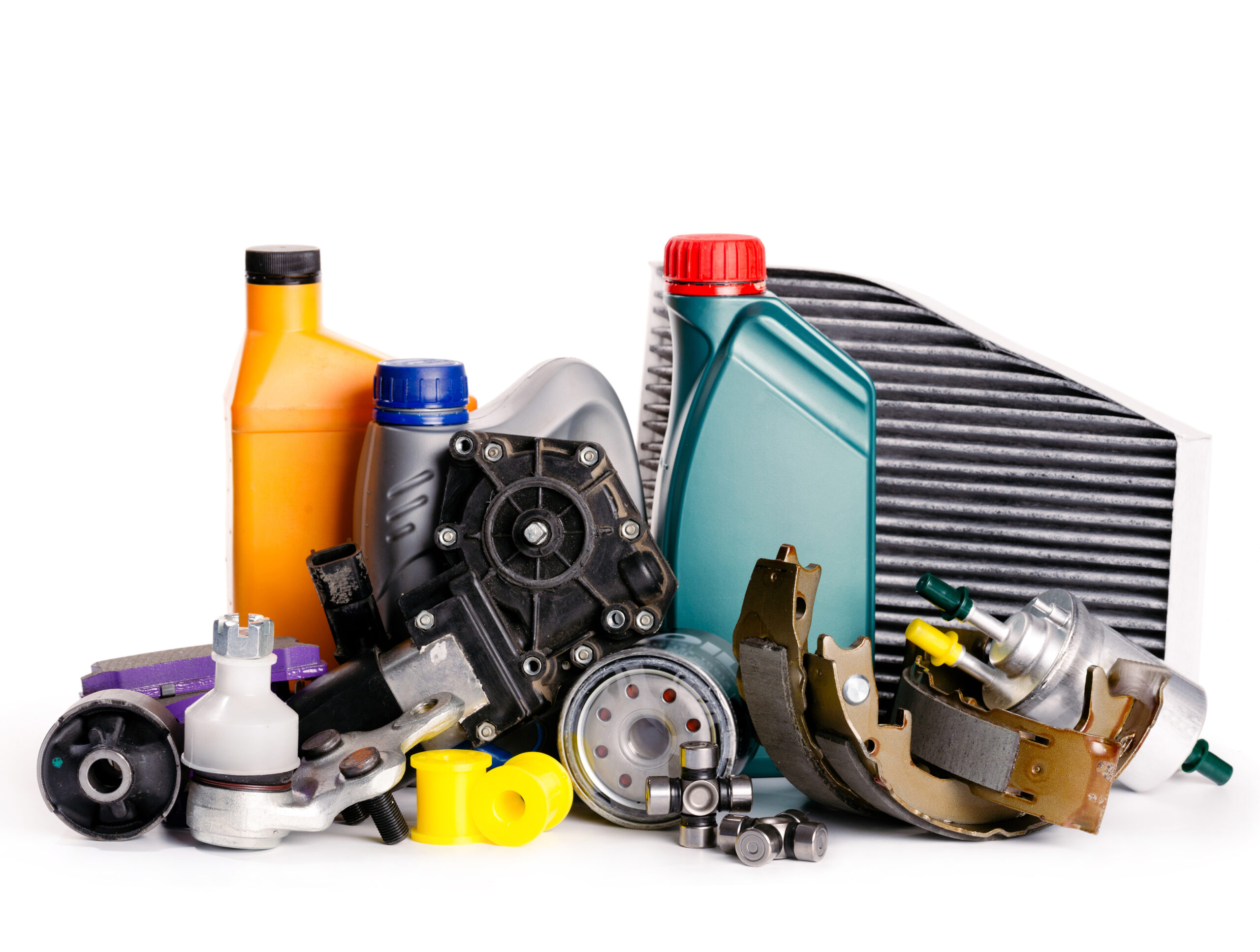


Infinitely Renewed Plastic vs. Fossil Fuels
Why invest in Alterra’s plastic circularity technology? Simply put, if society doesn’t invest in hard-to-recycle plastics, we’re wasting a valuable, renewable resource. Plastics are light, durable, and energy efficient. They are interwoven into the fabric of our daily lives, but we have to find a way to deal with end-of-life plastics without landfilling. By Infinitely Renewing Plastics™, we retain the benefits of their applications and minimize plastic waste. And in kind, we reduce the need to produce new plastic products with virgin polymers created from fossil fuels.

